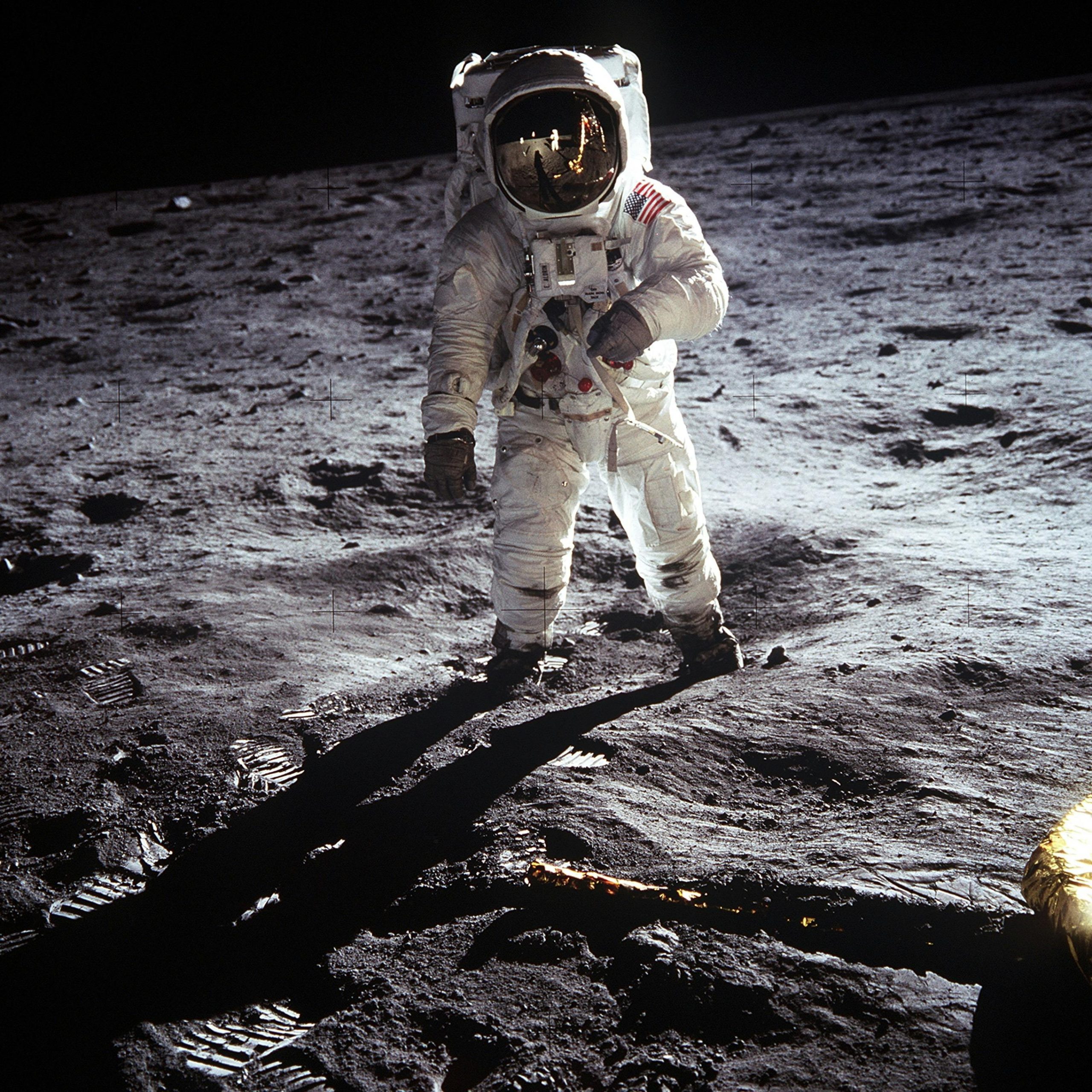Asteroids have always been a subject of interest and concern due to their potential to cause significant changes on Earth if they were to collide with our planet. The scientific community monitors such space objects closely, using advanced technology to track their paths and predict any possible threats well in advance.
While sensational headlines often predict catastrophic outcomes, the reality is that the odds of a large, civilization-ending asteroid hitting Earth are quite low. Most asteroids that enter our atmosphere burn up before they reach the ground, posing no threat. Larger asteroids, which are capable of causing major regional or global damage, are rare, and scientists have identified and are tracking most of them already.
Moreover, space agencies like NASA have conducted and continue to work on missions designed to test our ability to deflect or alter the course of asteroids if needed. For example, the Double Asteroid Redirection Test (DART) mission aims to demonstrate a method of planetary defense against potential future threats.
In conclusion, while the idea of an asteroid impact is concerning, the combination of low probability and advancing scientific capability in tracking and potentially mitigating these threats means that it’s unlikely to be the apocalyptic event that many fear. Nonetheless, continued vigilance and ongoing research are crucial to ensure that we are prepared for any future scenarios.



